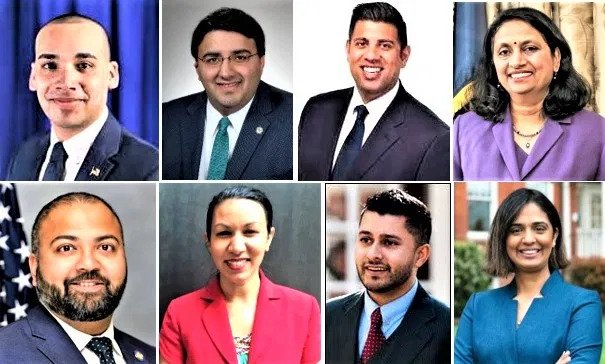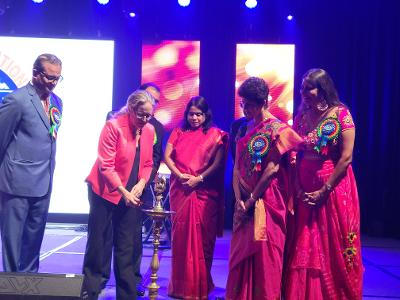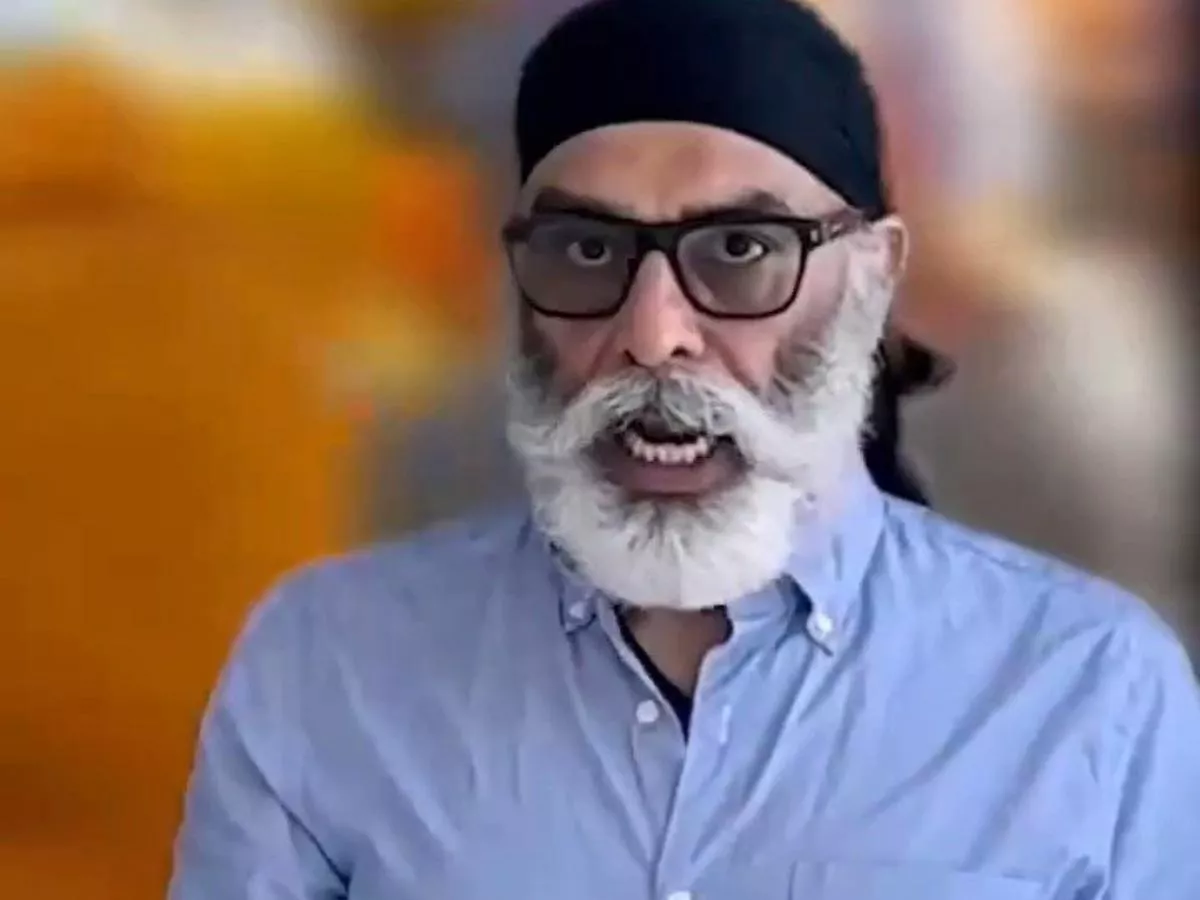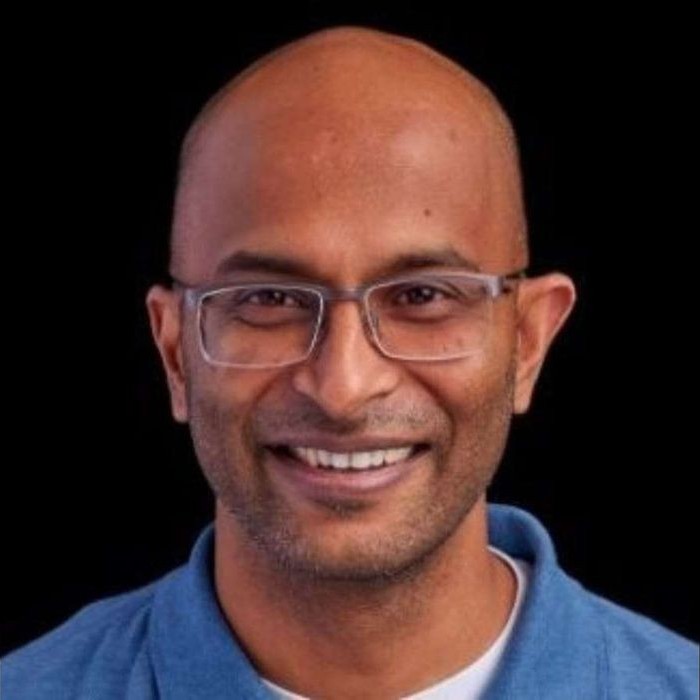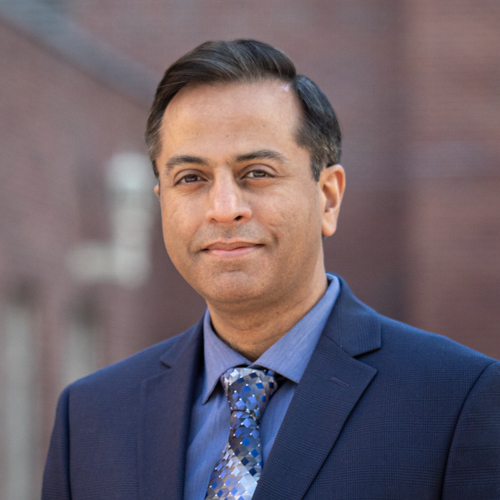Our Bureau
New York
With the victory of Indian American state Senator in New York Kevin Thomas, Indian Americans have made history by sending four members from the community to Albany, the state capital of the Empire State.
As the vote-count came to a close for the New York State legislature weeks after the Nov. 3, 2020 elections, two Indian Americans were decisively elected to the New York State Senate by Nov. 16, after absentee ballots were counted – Sen. Kevin Thomas was re-elected from District 6; Jeremy Cooney from District 56.
When all the votes were counted, Kevin Thomas, the incumbent received 75,749 votes for 50.57 percent of the vote; Dunne received 73,169 votes for 48.84 percent; and Libertarian Jonathan Gunther received 848 votes for .57 percent.
Thomas becomes the fourth Indian American across the state to win a state-level seat this election cycle, joining Jenifer Rajkumar, who won a seat in the 38th Assembly District; and Jeremy Cooney, who was victorious in the state Senate seat in the 56th Legislative District. Zohran Mamdani from District 36 was elected to the NY State Assembly.
In 2018, Kevin Thomas, who immigrated to the U.S. when he was 10, became the first Indian American in New York’s history to serve in the state Senate. He became an appointee of the U.S. Commission on Civil Rights to the New York State Advisory Committee. With Cooney now on the state Senate, that number has doubled in 2020.
“I am thrilled to congratulate Senator-elect Jeremy Cooney on his victory. This election cycle holds special significance for our Indian American community. In addition to electing Kamala Harris as the first woman, the first African American and the first Indian American to serve as vice president, we saw unprecedented numbers of South Asian candidates running for office across New York, and record voter turnout from the South Asian community,” Thomas, who currently serves as chairman of the Consumer Protection Committee and sits on the Judiciary, Finance, Banking, Aging, Veterans, Homeland Security and Military Affairs Committees, said in a statement. “This is a profound and inspirational moment for the Indian American community, both in New York and across the United States,” he said.
Jeremy Cooney (D-Rochester) defeated Republican Mike Barry in the race for the New York State Senate’s 56th district, becoming the second Indian American to serve in the Upper House from upstate New York. While on Nov. 3, Cooney led by just 866 votes, after the absentee, affidavit and military ballots were counted, his lead increased to more than 14,000 votes, making it a decisive victory. The 56th District lies in upstate New York and includes the town of Brighton, Clarkson, Gates, Greece, Hamlin, Parma and parts of Rochester.
Cooney, a lawyer by training, was born in an Indian orphanage and adopted by a single mother in the U.S. He grew up in the South Wedge neighborhood of Rochester, in an Irish family. He lost his mother to dementia and brain cancer, a life experience that influenced his future path, according to his profile on the campaign website. Cooney has worked in all levels of government, starting with Capitol Hill where he was in the office of Congresswoman Louise Slaughter, and later in the administrations of two New York Governors and the Mayor of Rochester. Cooney and his wife Diane, live in downtown Rochester.
“After first running in 2018, we successfully flipped this seat from “red-to-blue” for the first time in 20 years, ensuring representation for Rochester in the Senate Democratic Majority. We will work to create upstate jobs, fully fund our schools, and lower healthcare costs,” Cooney tweeted, Nov. 17, 2020, after the absentee ballot count. This was Cooney’s second attempt to get elected to the Senate. In 2018, he ran against then incumbent Joseph Robach, a Republican, getting 44.4 percent of the vote to Robach’s 55.5 percent.
Zohran Kwame Mamdani, the son of renowned filmmaker Mira Nair, is a Uganda-born Indian American, and breaks the mould of candidates from this community. A rapper whose slogan for the campaign was “rotis and roses” ran from the 36th Assembly District that includes the trendy Astoria neighborhood. He describes himself as a Democratic Socialist.
Rajkumar, whose 38th District in Queens, N.Y., is still in the process of counting absentee ballots, is the presumed winner with a 70 percent to 30 percent lead in the Nov. 3 elections, a gap that she told this writer, could not be made up with the absentee ballots. “I am very proud about the change we are going to make in New York,” Rajkumar said. “And if you look at our history it shows that we are cross-cutting candidates. We cut across ethnicity and ideology. In my district I won the Latino vote, and the support of conservative and liberal Democrats. Indian Americans are able to unite diverse communities,” she asserted.
Born and raised in New York, Rajkumar is a graduate of Stanford Law School with distinction for her pro-bono legal work. A magna cum laude, phi beta kapa graduate of the University of Pennsylvania, Rajkumar has litigated class action cases, and won some landmark victories as a member of legal teams, on issues ranging from rights of workers, tenants, women and against big pharma. She also teaches at City University of New York. Gov. Cuomo appointed her as his director of Immigration Affairs & Special Counsel for the state.
“The South Asian community has burst forth in the New York political scene and has a seat at the table,” Rajkumar told the media.
“Every one of the Indian American candidates won because of their hard work and persistence which are their hallmarks of the community. Indians are asserting themselves from upstate to downstate and across the country,” she added.
Even though Indian Americans are relatively new immigrants and a relatively small ethnic group in the country, “We’re also one of the fastest growing communities. I think this election will have a lasting impact by inspiring more Indian Americans to participate in politics. And as more and more Indian Americans enter electoral politics, gain more experience, and seek higher office, the community is going to see increasingly more influence and representation,” Sen. Kevin Thomas said.
















